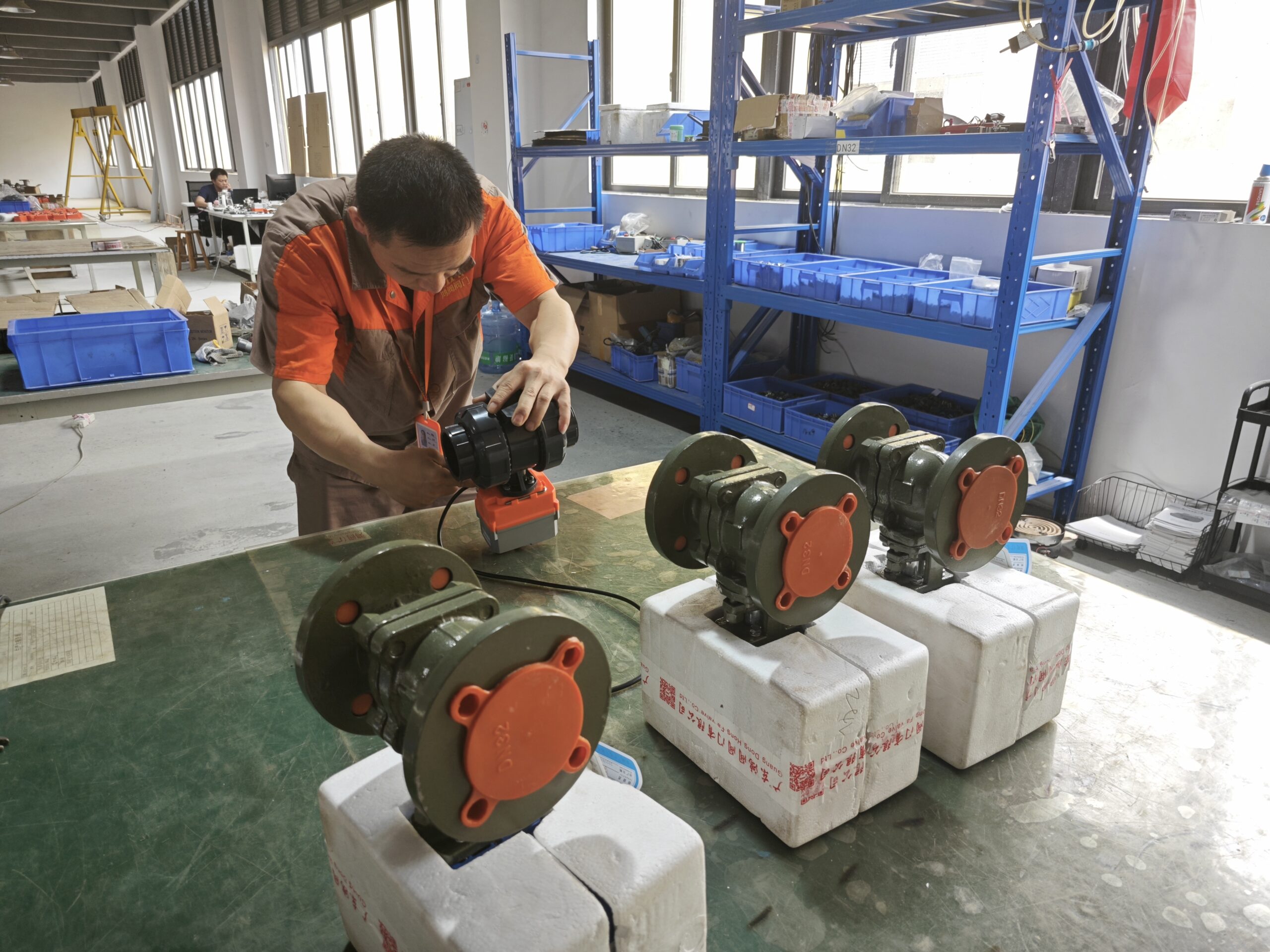Everything You Need to Know about Bellows Seal Valves
Bellows seal valves are critical components in industries requiring zero leakage of hazardous, toxic, or volatile fluids. By replacing traditional packing seals with a metal bellows assembly, these valves eliminate fugitive emissions and enhance safety in demanding environments like chemical processing, petrochemicals, and nuclear plants. Below is a detailed guide to their design, types, applications, and best practices.
1. What is a Bellows Seal Valve?
-
Design:
-
Metal Bellows: A corrugated, hermetically sealed component welded to the valve stem and body, preventing fluid contact with the atmosphere.
-
Double Sealing: Combines bellows with secondary packing (optional) for redundancy.
-
Key Components: Stem, bonnet, bellows, and valve body (globe, gate, or check valve types).
-
-
Purpose: Designed to eliminate leaks in hazardous fluids (toxic, corrosive, flammable) or high-purity systems (pharmaceuticals, semiconductors).
2. Types of Bellows Seal Valves
-
Bellows Seal Globe Valves:
-
Ideal for throttling or precise flow control.
-
Common in chemical dosing, steam systems, and high-pressure applications.
-
-
Bellows Seal Gate Valves:
-
Used for isolation in pipelines carrying aggressive media (e.g., sulfuric acid, chlorine).
-
-
Bellows Seal Check Valves:
-
Prevent backflow in systems with corrosive or radioactive fluids.
-
-
Bellows Seal Ball Valves:
-
Provide leak-tight shutoff for gases or volatile hydrocarbons.
-
3. Key Applications
-
Toxic/Carcinogenic Fluids: Chlorine, hydrogen sulfide, ammonia.
-
High-Temperature/Pressure Systems: Steam, thermal oils, or superheated water.
-
Vacuum Conditions: Semiconductor manufacturing, chemical reactors.
-
Corrosive Media: Acids (sulfuric, hydrochloric), alkalis, and solvents.
-
Nuclear Industry: Handling radioactive coolants or waste.
-
Pharmaceuticals: Sterile processes requiring zero contamination.
4. Advantages of Bellows Seal Valves
-
Zero Fugitive Emissions: Compliance with ISO 15848 and TA-Luft standards.
-
Enhanced Safety: Critical for OSHA and EPA-regulated environments.
-
Reduced Maintenance: No packing replacements, lowering lifecycle costs.
-
Durability: Metal bellows resist high pressures (up to 10,000 psi) and temperatures (-200°C to +600°C).
-
Suitability for Extreme Fluids: Handles cryogenics, abrasives, and ultra-pure media.
Bellows seal valves are indispensable for safely managing hazardous, high-purity, or extreme-condition fluids. Their hermetic sealing minimizes environmental and operational risks while complying with stringent emissions regulations. When selecting a bellows valve, prioritize material compatibility, cycle life, and certifications to ensure reliability. While their upfront cost is higher, the long-term savings in maintenance and risk mitigation make them a wise investment for critical applications.


 " alt="publication image" class="mil-scale-img">
" alt="publication image" class="mil-scale-img">